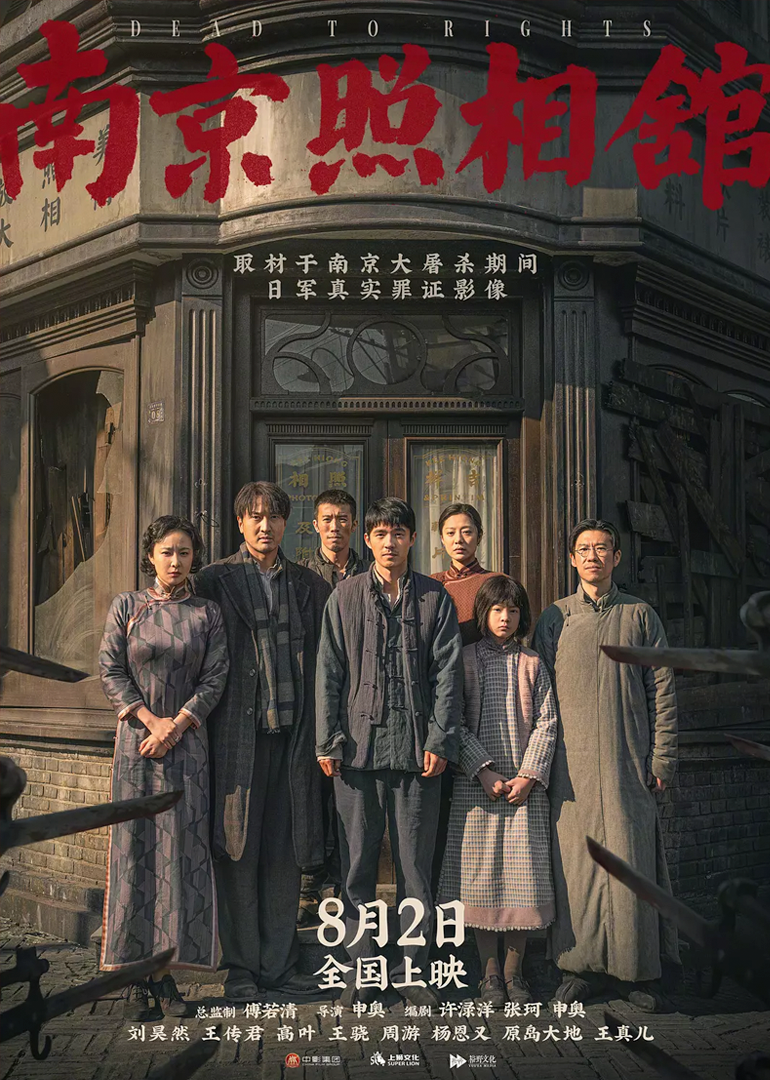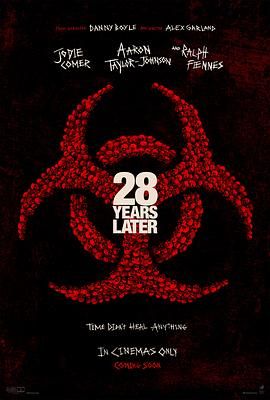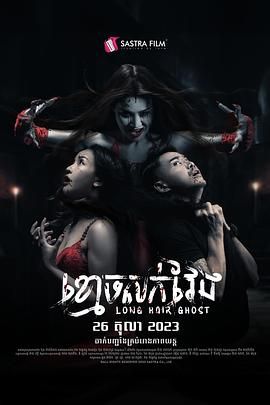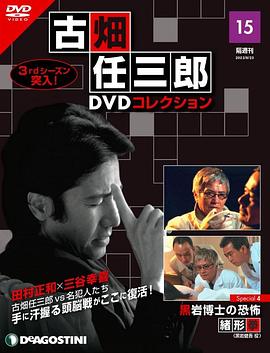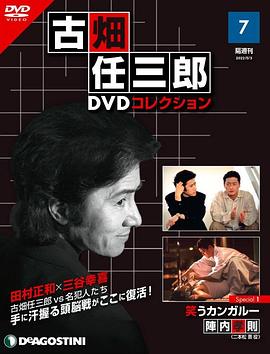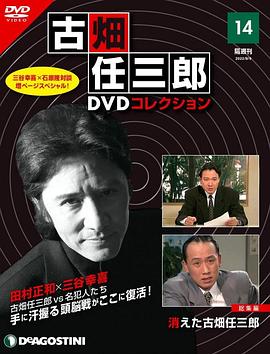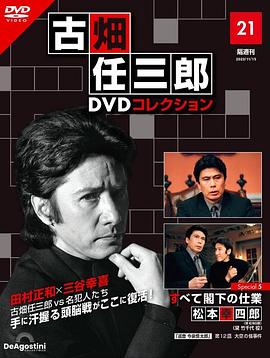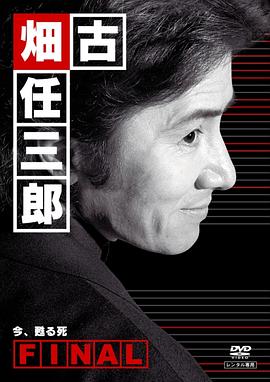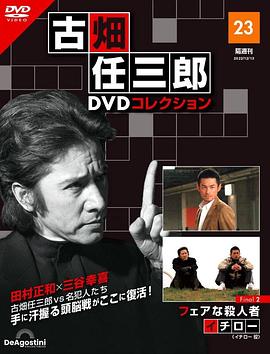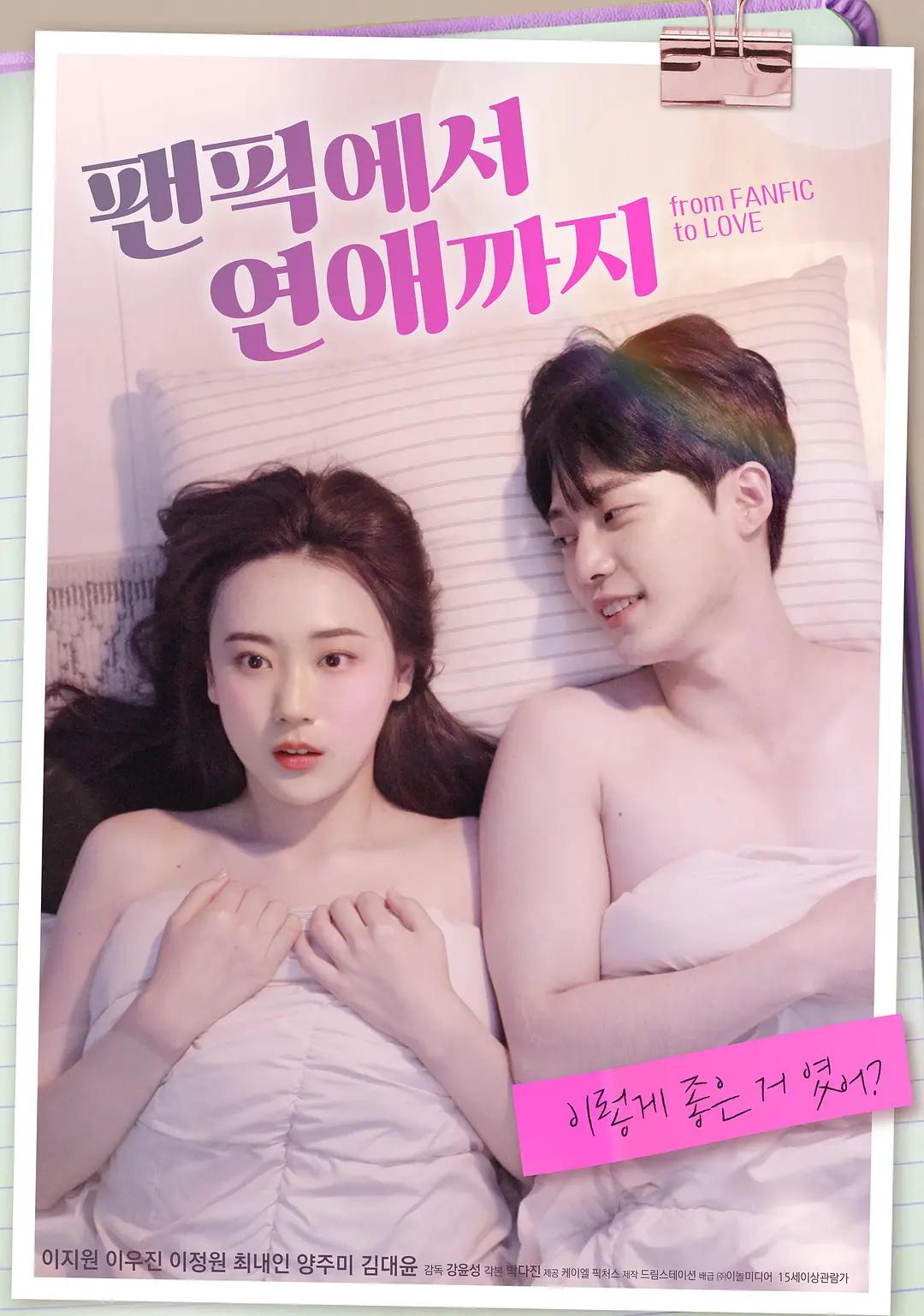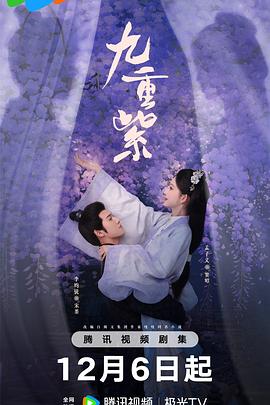
上映:
未知
更新:
2025-06-30 22:30:04,最后更新于
3月前
集数:
更新HD中字
TAG:
未知
剧情:
Somewhere in the remote region, the war ends. In the midst of ruined cities and houses in the streets, in rural hamlets, everywhere where people still live, are children who have lost their homes and parents. Abandoned, hungry, and in rags, defenseless and humiliated, they wander through the world. Hunger drives them. Little streams of orphans merge into a river which rushes forward and submerges everything in its path. The children do not know any feeling; they know only the world of their enemies. They fight, steal, struggle for a mouthful of food, and violence is merely a means to get it. A gang led by Cahoun finds a refuge in an abandoned castle and encounters an old composer who has voluntarily retired into solitude from a world of hatred, treason, and crime. How can they find a common ground, how can they become mutual friends The castle becomes their hiding place but possibly it will also be their first home which they may organize and must defend. But even for this, the price will be very high. To this simple story, the journalist, writer, poet, scriptwriter, movie director, and film theoretician Béla Balázs applied many years of experience. He and the director Géza Radványi created a work which opened a new postwar chapter in Hungarian film. Surprisingly, this film has not lost any of its impact over the years, especially on a profound philosophical level. That is to say, it is not merely a movie about war; it is not important in what location and in what period of time it takes place. It is a story outside of time about the joyless fate of children who pay dearly for the cruel war games of adults. At the time it was premiered, the movie was enthusiastically received by the critics. The main roles were taken by streetwise boys of a children's group who created their roles improvisationally in close contact with a few professional actors, and in the children's acting their own fresh experience of war's turmoil appears to be reflected. At the same time, their performance fits admirably into the mosaic of a very complex movie language. Balázs's influence revealed itself, above all, in the introductory sequences an air raid on an amusement park, seen in a montage of dramatic situations evoking the last spasms of war, where, undoubtedly, we discern the influence of classical Soviet cinematography. Shooting, the boy's escape, the locomotive's wheels, the shadows of soldiers with submachine guns, the sound of a whistle—the images are linked together in abrupt sequences in which varying shots and expressive sharp sounds are emphasized. A perfectly planned screenplay avoided all elements of sentimentality, time-worn stereotypes of wronged children, romanticism and cheap simplification. The authors succeeded in bridging the perilous dramatic abyss of the metamorphosis of a children's community. Their telling of the story (the scene of pillaging, the assault on the castle, etc) independently introduced some neorealist elements which, at that time, were being propagated in Italy by De Sica, Rossellini, and other film artists. The rebukes of contemporary critics, who called attention to formalism for its own sake have been forgotten. The masterly art of cameraman Barnabás Hegyi gives vitality to the poetic images. His angle shots of the children, his composition of scenes in the castle interior, are a living document of the times, and underline the atmosphere and the characters of the protagonists. The success of the picture was also enhanced by the musical art of composer Dénes Buday who, in tense situations, inserted the theme of the Marseilaise into the movie's structure, as a motive of community unification, as an expression of friendship and the possibility of understanding. Valahol Europaban is the first significant postwar Hungarian film. It originated in a relaxed atmosphere, replete with joy and euphoria, and it includes these elements in order to demonstrate the strength of humanism, tolerance, and friendship. It represents a general condemnation of war anywhere in the world, in any form.
收起
相关影片
2025
电影
内地
抢先版
2025
电影
英国 / 美国
朱迪·科默 亚伦·泰勒-约翰逊 拉尔夫·费因斯 杰克·奥康奈尔 艾玛·莱尔德 艾琳·凯利曼 艾德文·瑞丁 克里斯托弗·富尔福德 齐·刘易斯-帕里 金·艾伦 戈登·亚历山大 Sandy Batchelor 阿尔菲·威廉姆斯 Maura Bird 内森·霍尔 Geoffrey Newland 乔·布莱克莫尔 Sam Locke Ghazi Al Ruffai Celi Crossland
经历病毒浩劫的幸存者们在远离城市的地方建立了新的聚集区,平静的生活却在28年后被再次打破。更加致命的病毒变异,日渐扭曲的人性与欲望,人类的命运将会何去何从?
正片
2023
电影
柬埔寨
桑娅和萨蒂亚是一对同居夫妇。萨蒂亚背叛了妻子,他有一个情妇,名叫坎哈。坎哈是一位美丽的女人,一头长发垂到腰间。两人一直保持着秘密,直到坎哈生下孩子,而当时他的妻子索尼娅也怀孕了。作为父亲,萨蒂亚承诺不
HD
2025
电影
美国
HD
2020
电影
内地
正片
1999
电影
日本
HD中字
1995
电影
日本
某年,在澳大利亚举行的阿贝尔数学奖颁奖典礼,将最高殊荣同时授予了一对合作多年的伙伴二本松晋(阵内孝则 饰)和野田茂男(田口浩正 饰)。二人貌合神离,芥蒂丛生,野田早已看不惯二本松夸夸其谈实则没有真
HD中字
1996
电影
日本
HD中字
2004
电影
日本
HD中字
1996
电影
日本
可怜的今泉慎太郎(西村雅彦 饰),由于饱受精神和肉体的折磨,最终令自律神经失调症进一步加重。为了治疗病症,他报名拜入前卫花道家二叶凤翠(山口智子 饰)的门下学习插花和舞蹈。凤翠原是花道家二叶凤水(
HD中字
2006
电影
日本
HD中字
2006
电影
日本
HD中字
2006
电影
日本
HD中字
2016
电影
内地
HD国语
2022
电影
韩国
HD中字
2022
电影
巴西
Carlinhos catches his partner cheating, then meets lively Graça, who poses as his new one so he can
HD中字
正在热播
更多
2024
电视剧
内地
独家推荐
更新第40集
2024
电视剧
内地
独家推荐
年少失母的窦昭(孟子义饰)因为家庭变故和坎坷波折的命运对人间情爱与亲情失望透顶,她斗继母、保家产,避居冷僻田庄,求学晓事以图自保自强。大雨之夜,窦昭与扮作商贾投宿的宋墨(李昀锐饰)在田庄相逢,用自己的智慧帮其保下平寇有功的定国公一脉遗孤,二人命运也因此紧紧缠绕。出身官宦之家的宋墨深陷家变谜团,而窦昭也在继母的破坏下遭遇换亲流言,二人选择成亲以结同盟、共度困局。曾经彼此猜忌的他们在相互帮扶中共渡难关,也由此渐渐相知相惜、互为知己。不料风雨欲来、朝堂骤变,窦昭与宋墨携手面对危局,共同挽救家族命运、解开英国公府
更新第34集
2024
电视剧
内地
独家推荐
36集全
2024
电视剧
内地
独家推荐
已完结
2024
电视剧
内地
独家推荐
已完结
2024
电视剧
独家推荐
已完结
2024
电视剧
独家推荐
已完结
2024
电视剧
内地
独家推荐
更新第22集
2024
电视剧
内地
独家推荐
更新第18集

